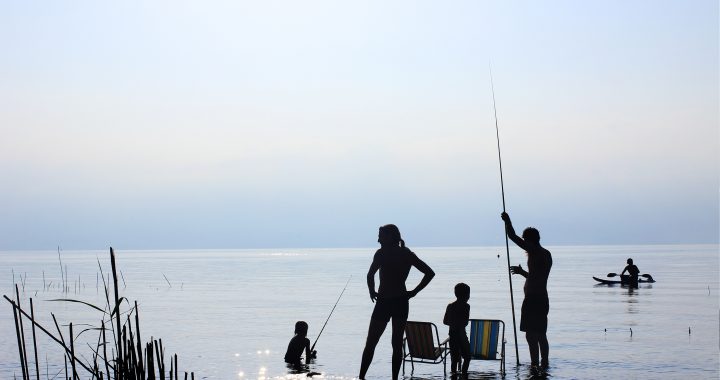One of the most common mistakes we make as parents is thinking we always have to know the answers for our children and that we must present a positive image to the outside world all the time. That when our children come to us with a problem, we as their parents must immediately produce a solution or fix of some kind, and taken further, others must not know that we struggle. And taken even a step further, that it is our duty as parents to fulfill that role at all times in every way. And what if we don’t or can’t? Then we as the parents are flawed, we have failed our kids, and this makes us ineffective parents.
This belief couldn’t be further from the truth, and in fact this kind of expectation causes one of the deepest lies of parent/child (and later, romantic) relationships:
- It puts the parent in an idealistic role of an all-knowing god.
- It produces children that become trained to look elsewhere for answers instead of within themselves.
- It produces children that have little to no tolerance for ambiguity whatsoever or being able to sit with “not knowing” an answer.
- It models that the focus/point of the relationship is solely about “producing something” (a solution, a fix, a remedy, an outcome) in order to be loved.
- It models that we are only worthy if we can “produce”, and feeds a perpetual state of idealization and perfectionism. If we can’t fix or produce, then we are not worthy of receiving love.
The bottom line:
It’s ok and a good thing to tell our kids, “I don’t know”.
It’s ok and a good thing if our kids tell us, “I don’t know”.
It’s ok and a good thing for them to see us fall apart.
It’s ok and a good thing for them to fall apart.
It’s ok and a good thing for them to know what it feels like to get a “zero” or fail a test.
It’s ok and a good thing for them to be on a losing team.
It’s ok and a good thing for them to bomb a performance.
It’s ok and a good thing for them to see us burn a dish, miss a bill, bomb a work project.
It’s ok and a good thing for them to make their own choice and experience the consequences.
It’s ok and a good thing for them to see us make a wrong choice and experience the consequences.
***It’s ok and a good thing for kids to know that parents (and later, partners) don’t have all the answers nor are we perfect; conversely, we don’t expect them to be perfect either. The expectation of perfectionism is what produces the inner sense of, “I am not enough”.
We are not robots or machines; to act like we are and present ourselves as such is a denial of our own and another’s humanity.
Lisa K. Wheeler, MA, LPC

